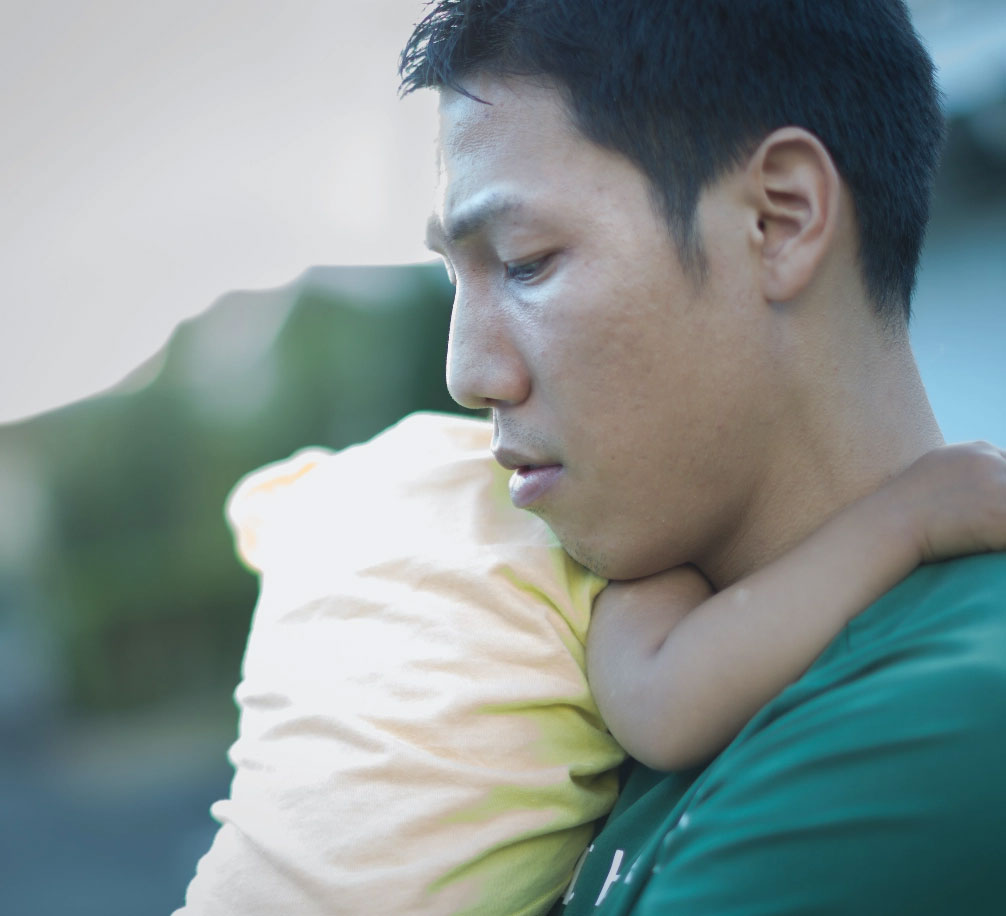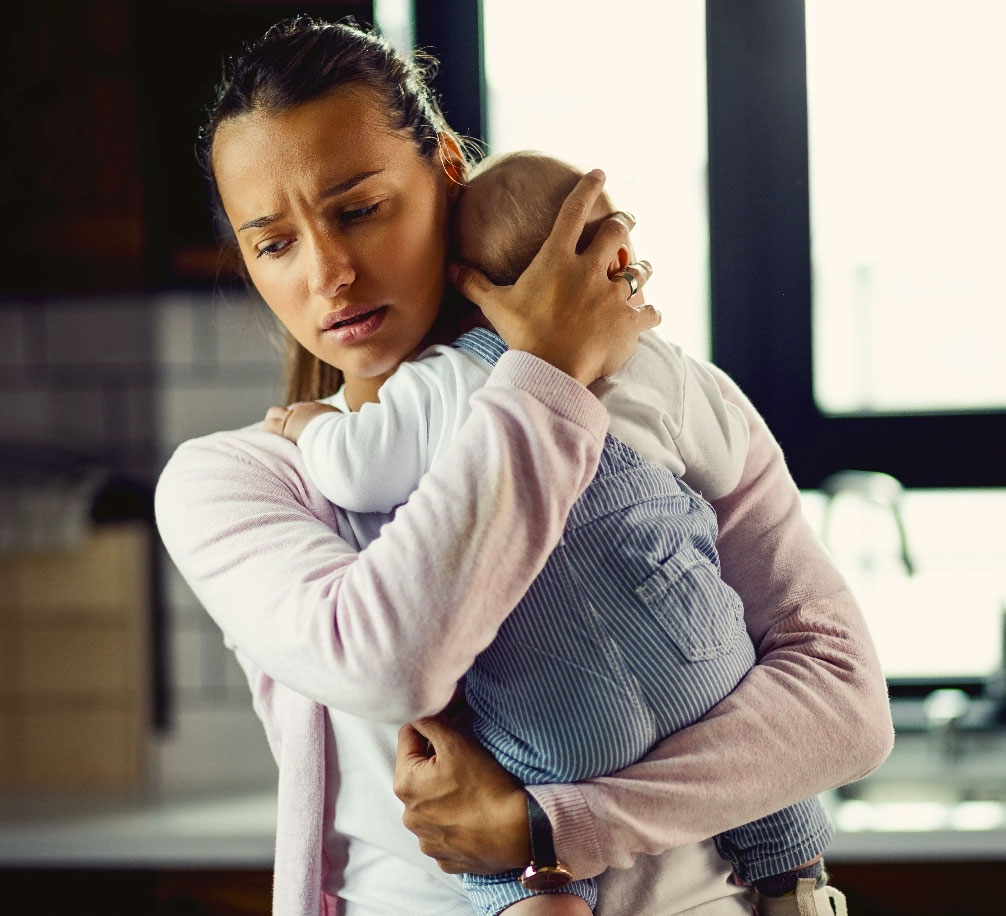Up to 80% of birthing people will experience the baby blues, which is generally described as mild to moderate feelings of sadness that come up soon after your baby’s birth and only last for a few days. If your symptoms last beyond two weeks or don’t improve with increased self-care, this could indicate that what you are experiencing is not the baby blues and that you need more support.
With the Baby Blues, professional support is generally not needed. Focus on self-care and NESTS: Nutrition, Exercise, Sleep, Time to yourself, and Support

There are many things that can help you feel better and recover from PPD. Many people worry that if they reach out to their health care provider the only treatment option they will be offered is medications. While antidepressant medications can be a useful tool, there are many other things you can do to help. These include:
By taking care of your own needs first, you can better take care of your family.
Not all treatment options are suitable for everyone. Talk to your health care provider about what kind of treatment would best serve you.
Postpartum Bipolar Disorder is characterized by two phases: a depressive (low) phase, followed by manic or hypomanic (high) phase. These cycles are more than just the emotional ups and downs that are typical of pregnancy and postpartum – they are more extreme and impact a person’s functioning and relationships.
Beginning anytime after your baby’s birth, up to one year postpartum. Can persist for months or even years without treatment.
Bipolar disorder can look like severe depression or anxiety. See the symptoms listed above. Also:

It is important that you consult with a health professional to get an assessment and diagnosis, and to determine the appropriate treatment, especially if you are so wired that you cannot sleep. In addition to professional support, you can find some self-management strategies in the ‘what helps’ section for PPD above.
According to Postpartum Support International, “The criteria for a diagnosis of a bipolar mood disorder is that the symptoms last longer than four days and interfere with functioning and relationships.”